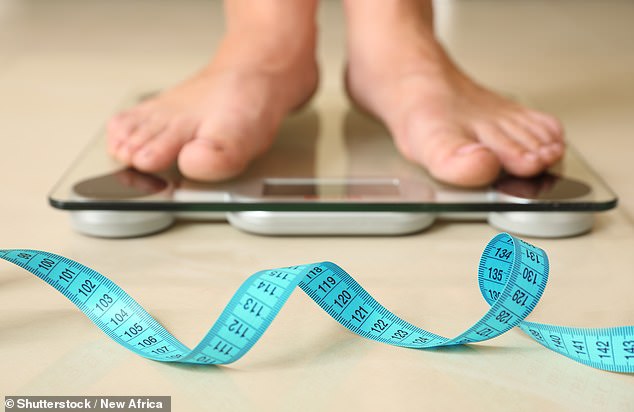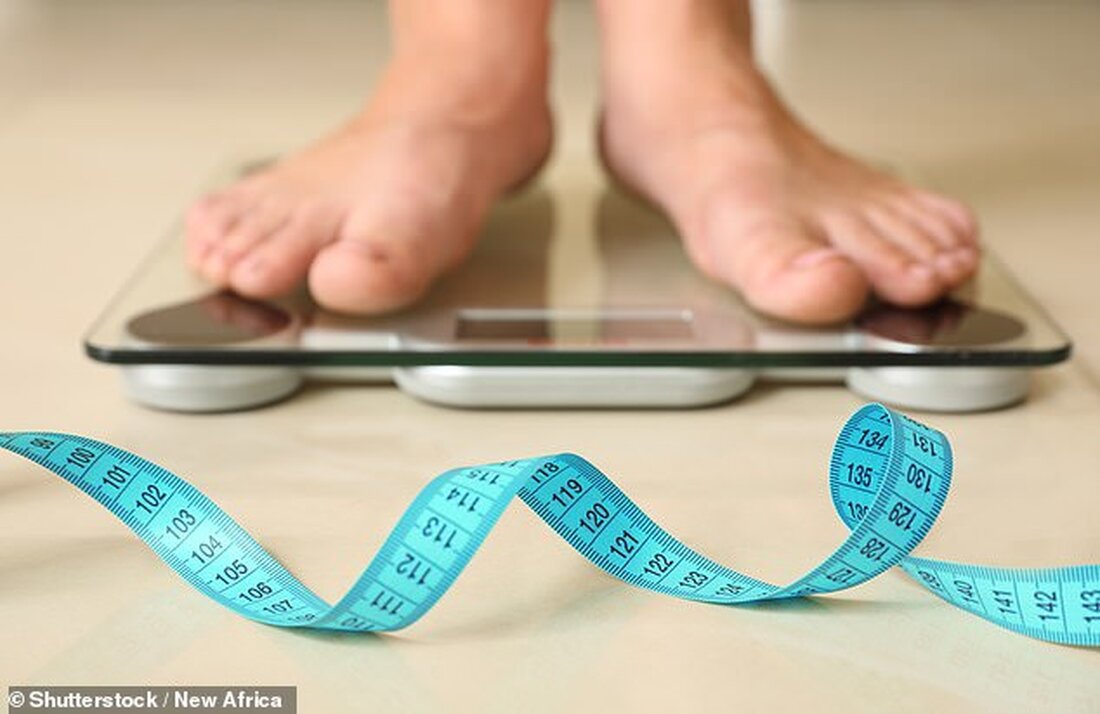recordMore children and young people are being treated for eating disorders on the NHS - a rise attributed to the psychological strain of the pandemic.
Between April and December last year, almost 10,000 people began treatment for conditions such as anorexia and bulimia - almost two-thirds more than before the pandemic.
Psychiatrist Prathiba Chitsabesan, NHS deputy clinical director for child and adolescent mental health services, said: “The increase could be attributed to the unpredictability of the pandemic, feelings of isolation, disruption to routines and experiences of loss and uncertainty.”

Between April and December last year, almost 10,000 people began treatment for conditions such as anorexia and bulimia - almost two-thirds more than before the pandemic
She added: "Young people's food challenges may start as a coping strategy or a way to feel in control, but lead to more restrictive eating and behavior patterns."
Warning signs include children sticking to limited food choices, obsessively controlling calories, becoming overly concerned about their shape, and not growing normally.
NHS bosses also stress the importance of seeking help early. One sufferer who did and is now on the road to recovery is Alice, who developed a severe eating disorder at 17.
She said: "I was worried when my mother made the referral as I didn't know if I could be helped. These fears soon disappeared after I spoke to my doctor just a day after the referral." Treatment began six days later and she says she is feeling much better now.
NHS England is investing an extra £79m in children's mental health services.
Tom Quinn, from eating disorder charity BEAT, said yesterday: "Accessing specialist support as early as possible leads to the best chance of a full recovery."

 Suche
Suche
 Mein Konto
Mein Konto

